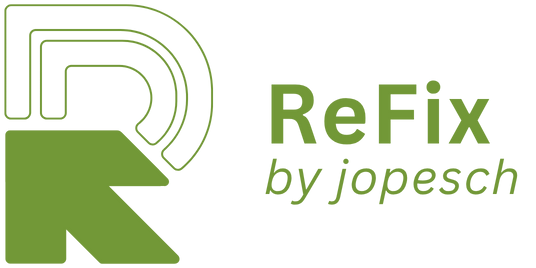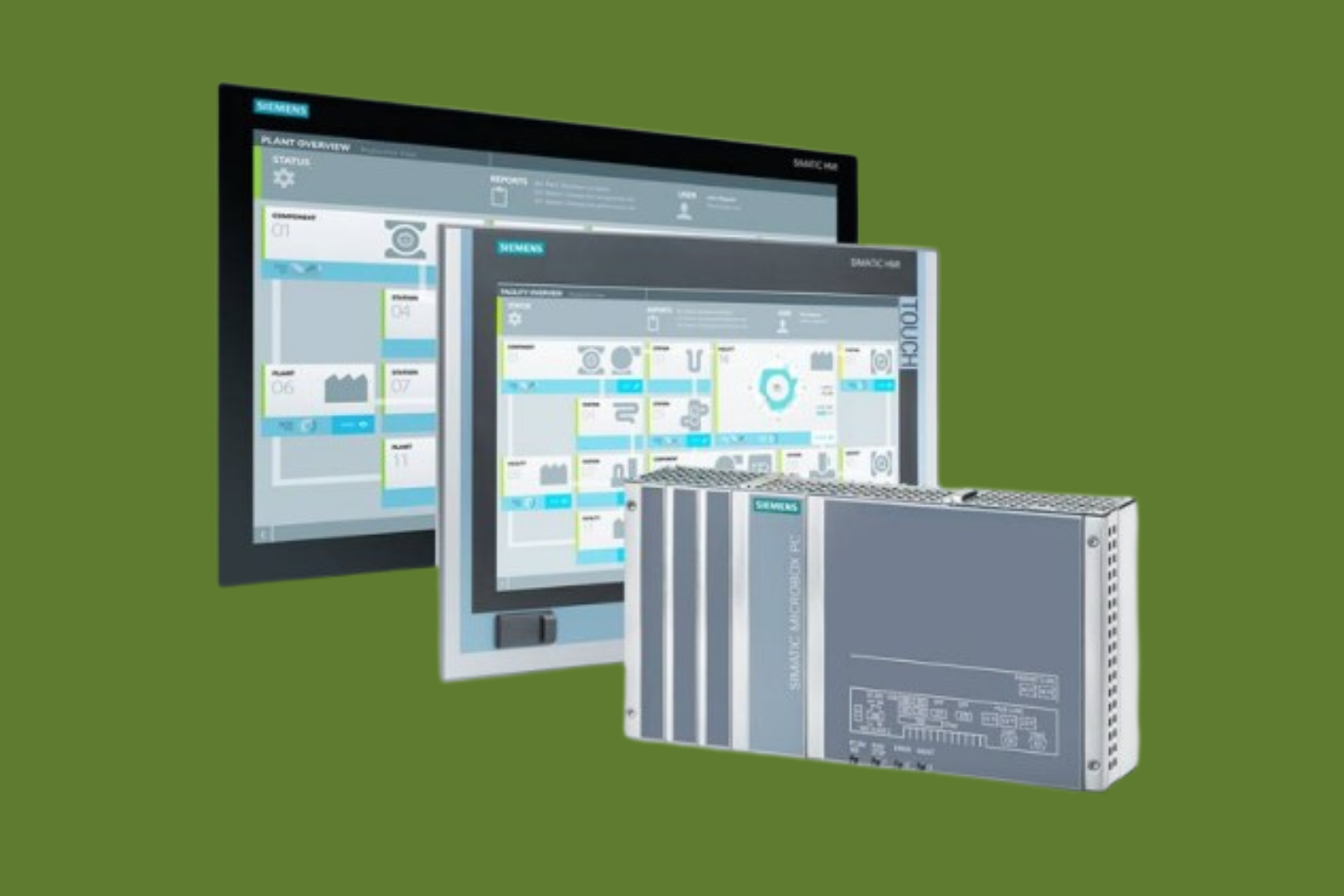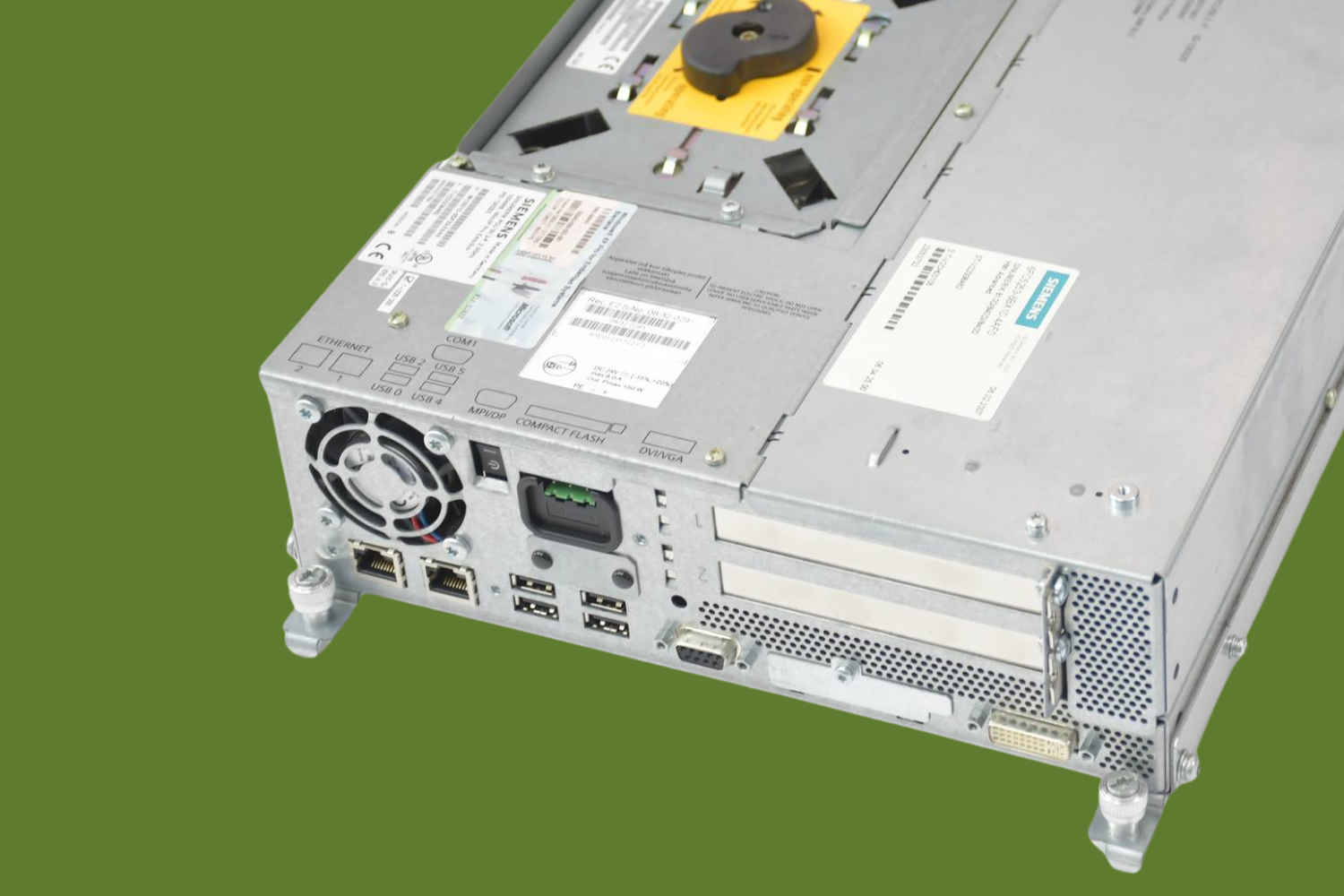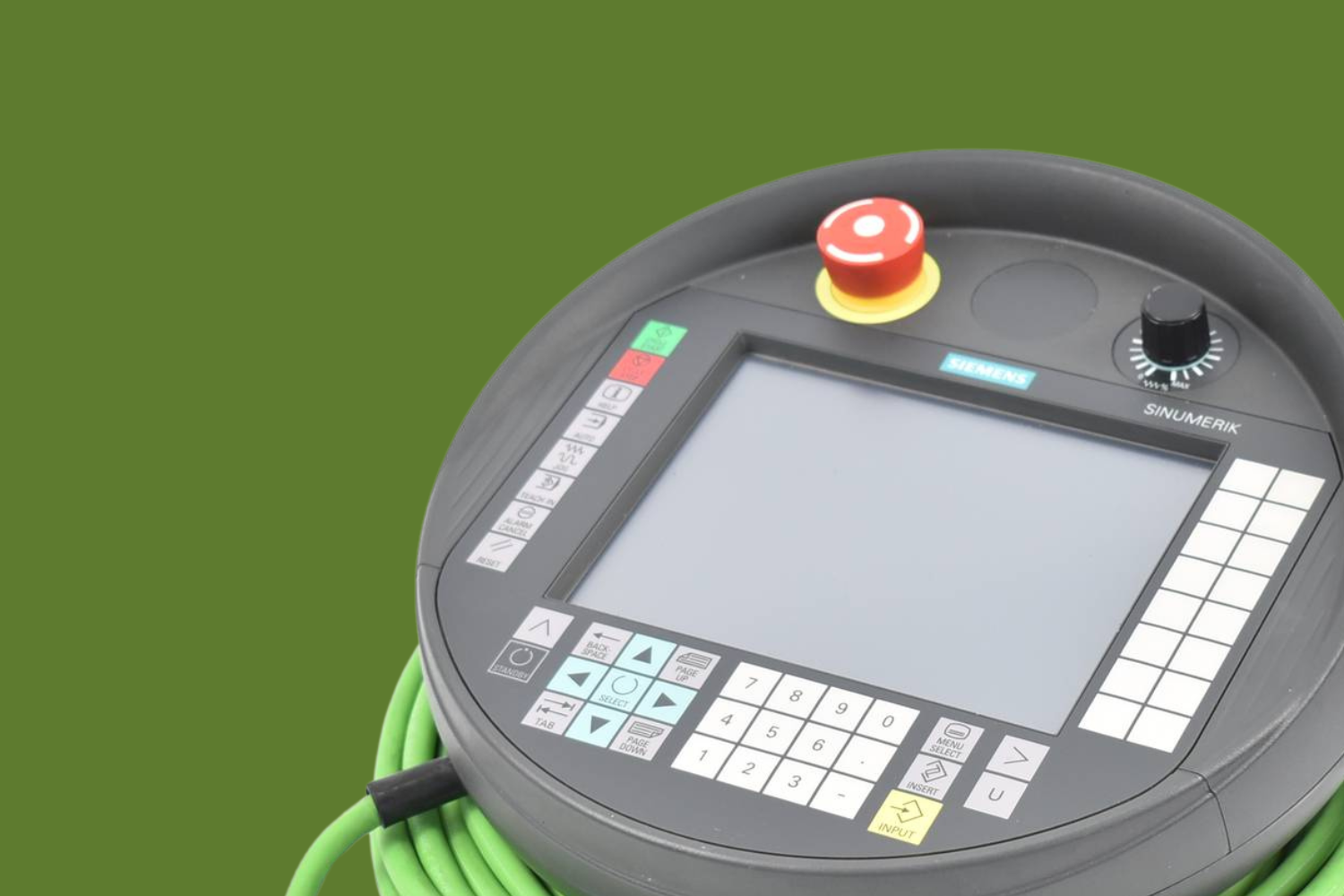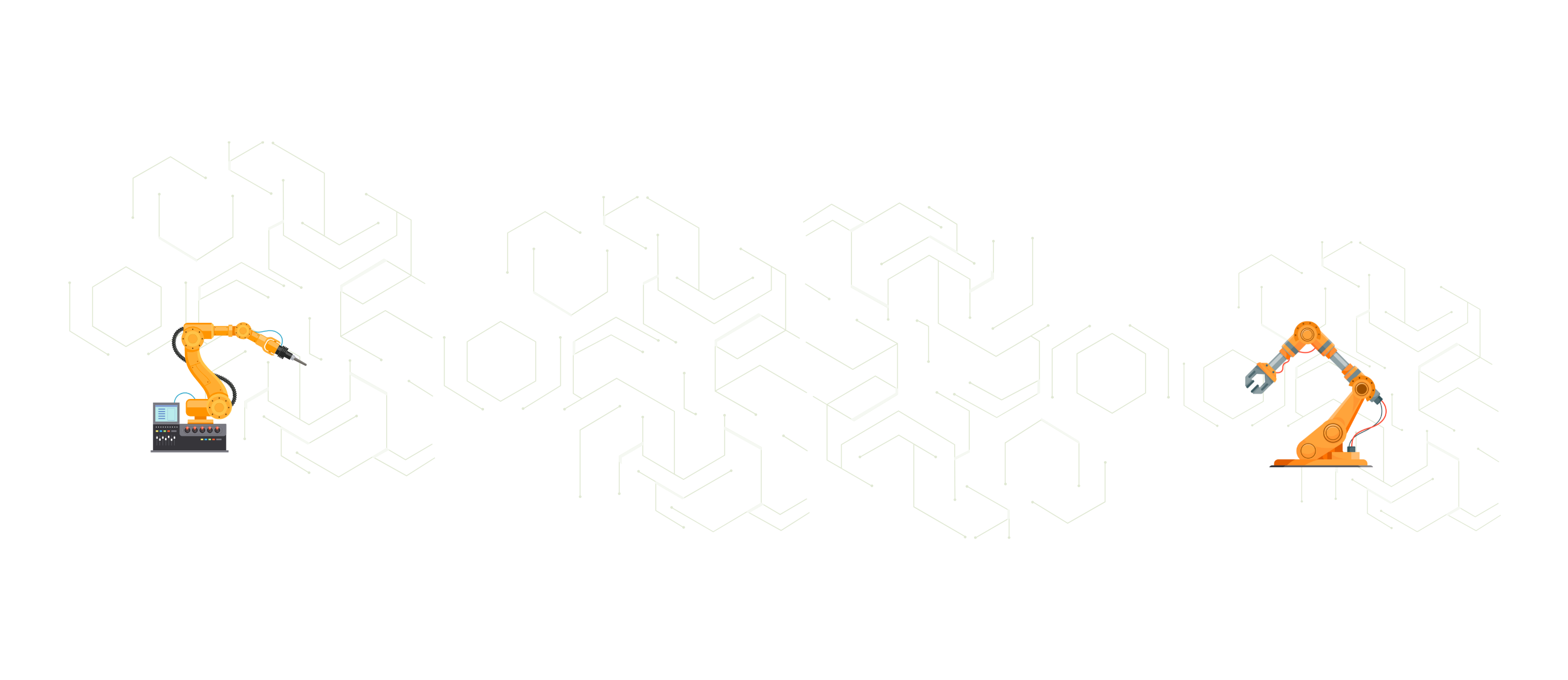Pharmaceutical & Medtech industry
Medical technology is considered one of the most innovative industries in Germany.
The healthcare industry is at a turning point. The challenges are diverse: from strengthening health literacy to integrating new technologies to the shortage of skilled workers. These issues not only affect daily practice, but also have profound implications for the structure and future viability of the entire industry. For pharmaceutical companies active in the MedTech sector, this means they must face new challenges – while simultaneously capitalizing on enormous opportunities.
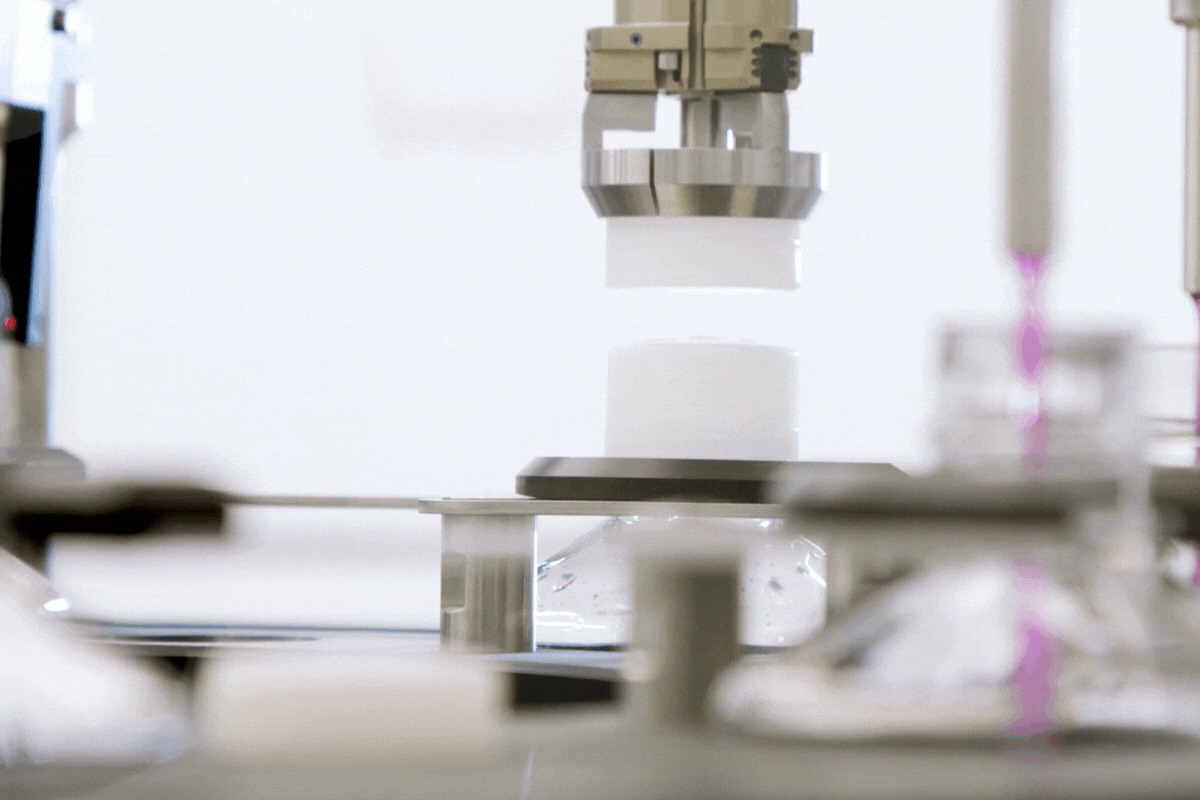
Technological innovations and digitalization
Rapid technological advances are opening up new perspectives for the healthcare industry. Artificial intelligence (AI) is revolutionizing not only diagnostics but also treatment planning by analyzing large amounts of data and offering personalized solutions. 3D printing technologies enable customized implants and prostheses, while robots in surgery enable more precise, minimally invasive procedures. Augmented reality supports doctors with real-time data during complex operations, and nanotechnology delivers drugs precisely to the site in the body where they are intended to work.
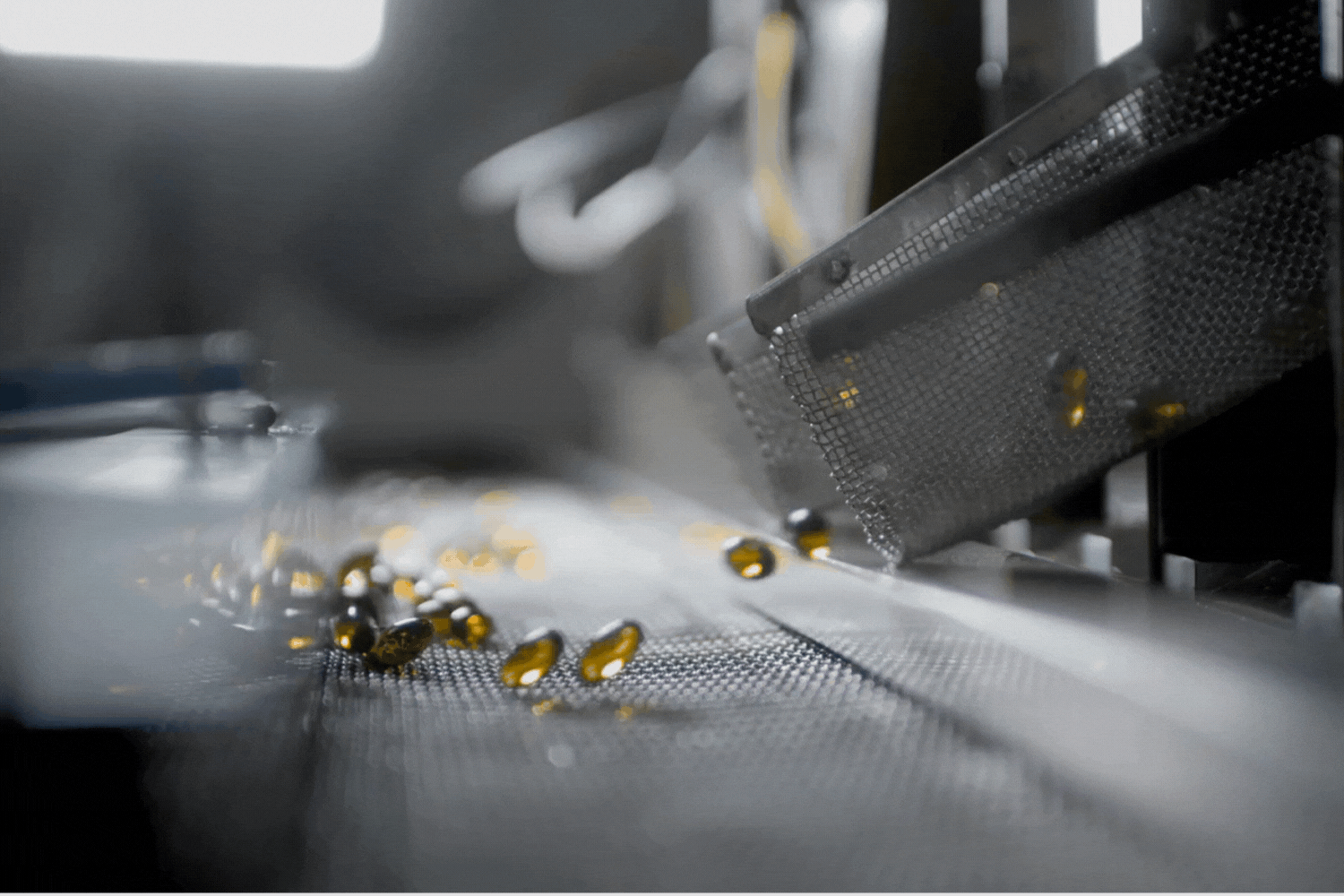
Top trends in medical technology
- Automation and robotization to relieve the burden on staff in surgery, hospitals and nursing
- The automation of interpretation and decision-making from diagnostic values
- Innovative technologies in data processing such as big data analysis and processing & artificial intelligence (AI)
- Innovative technologies in manufacturing processes: Industry 4.0, digitalization of industrial production, automation, robotization
Technological innovations and digitalization
Rapid technological advances are opening up new perspectives for the healthcare industry. Artificial intelligence (AI) is revolutionizing not only diagnostics but also treatment planning by analyzing large amounts of data and offering personalized solutions. 3D printing technologies enable customized implants and prostheses, while robots in surgery enable more precise, minimally invasive procedures. Augmented reality supports doctors with real-time data during complex operations, and nanotechnology delivers drugs precisely to the site in the body where they are intended to work.
Top trends in medical technology
- Automation and robotization to relieve the burden on staff in surgery, hospitals and nursing
- The automation of interpretation and decision-making from diagnostic values
- Innovative technologies in data processing such as big data analysis and processing & artificial intelligence (AI)
- Innovative technologies in manufacturing processes: Industry 4.0, digitalization of industrial production, automation, robotization


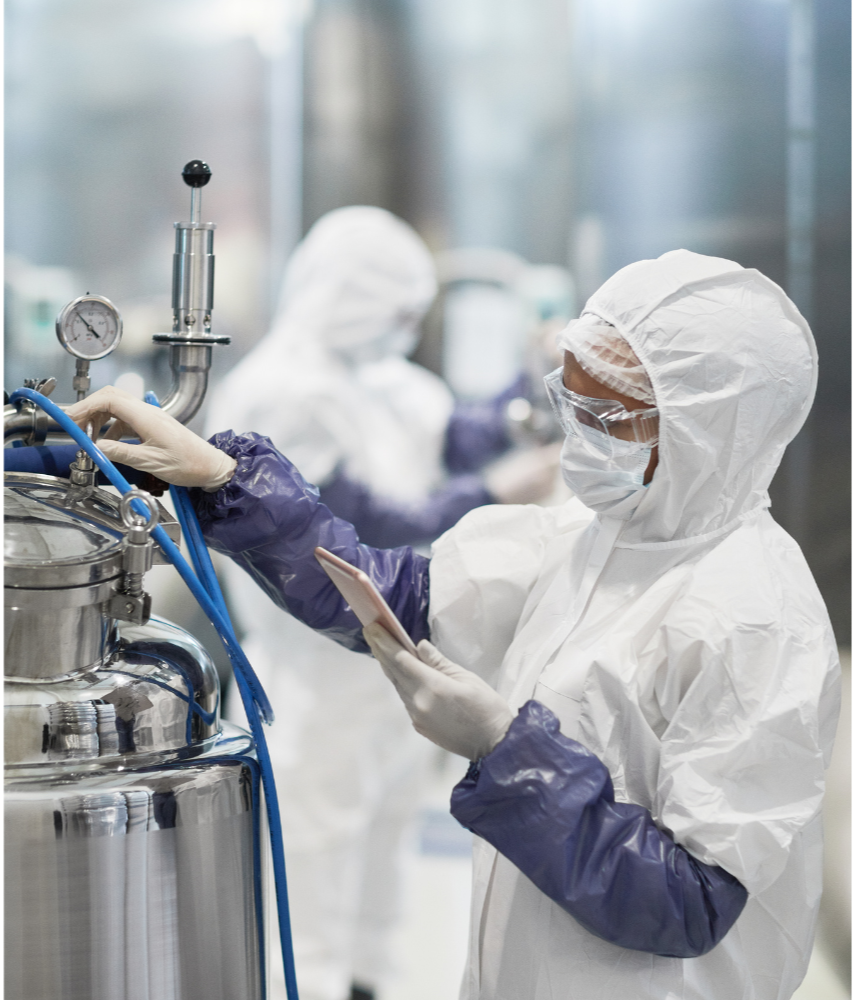
Challenge in the MedTech industry
- Increasing bureaucratic requirements, primarily in the area of sustainability, such as the Supply Chain Due Diligence Act and the strict regulations of the EU Medical Device Regulation (MDR), currently pose complex challenges for many companies. These regulatory requirements increase complexity and costs and significantly impair the industry's innovative capacity.
- Research costs in the MedTech and pharmaceutical industries have increased by approximately 20 percent over the past five years. This increase is primarily due to rising costs for clinical trials, regulatory requirements, and the need for continuous innovation.
- Another serious problem is the shortage of qualified personnel. This shortage leads to delays in the development and market launch of new products and increases the workload for existing staff.
